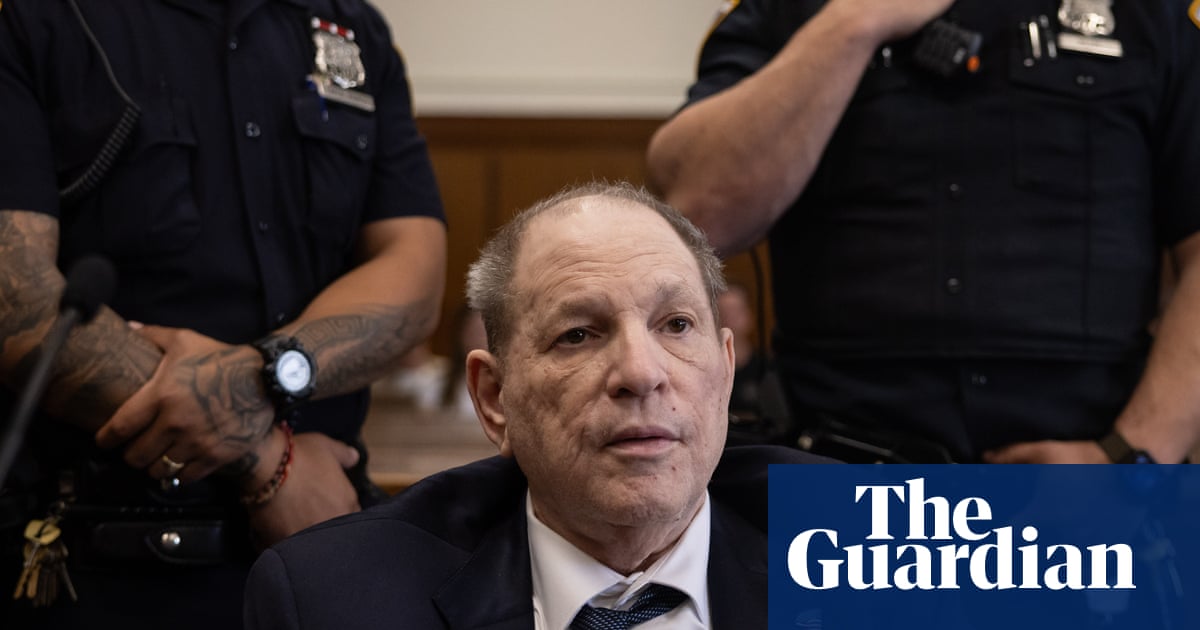Harvey Weinsteindoesn’t plan to testify at his New York sex crimes retrial in a move that means jurors soon will get the case against the former movie studio boss who propelled the #MeToo movement against sexual misconduct.
The trial will move on to closing arguments on Tuesday without testimony from Weinstein, his lawyer Arthur Aidala said on Sunday night.
It is unclear whether jury deliberations would begin on Tuesday afternoon or Wednesday.
It was a fraught decision for Weinstein, who has never answered questions in open court about any of the accusations women have made. He did not testify at previous trials inNew Yorkand California and was convicted in both. He denies the allegations, and Aidala has said that Weinstein was giving a lot of thought to whether to take the stand this time.
While his California appeal winds on, Weinstein won a new trial in his New York rape and sexual assault case when the state’s highest court overturned his 2020 conviction.
He is charged in New York with raping Jessica Mann in 2013 and forcing oral sex on Miriam Haley and Kaja Sokola, separately, in 2006. Mann was an actor and hairstylist, Haley a production assistant and producer, and Sokola a model who aspired to an acting career.
All three women have testified for days at the retrial, giving emotional and graphic accounts of what they say they endured from a powerbroker who suggested he would help them achieve their show-business dreams, but then maneuvered them into private settings and preyed on them.
His attorneys have argued that anything that happened between him and his accusers was consensual.
In the US, defendants in criminal cases are not obligated to testify, and many decide not to, for various reasons. Among them: the prospect of being questioned by prosecutors.
Weinstein has been watching the New York retrial intently from the defense table, sometimes shaking his head at accusers’ testimony and often leaning over to one or another of his attorneys to convey his thoughts.
One of the lawyers, Aidala, said outside court on Thursday that Weinstein thought a lot of holes had been poked in the accusers’ accounts, but that he was also pondering whether jurors would feel they needed to hear from him.
The jury has heard from a few other defense witnesses – one of them via a transcript read by court employees.
That witness, Talita Maia, testified at the 2020 trial but was unavailable this time, so jurors instead got a reading on Friday of her earlier testimony. One court stenographer voiced the 2020 attorneys’ questions, while another stenographer sat in the witness box and rendered Maia’s answers, at times with emphasis.
Maia and Mann were roommates and friends in 2013 but later fell out. According to Maia, Mann never mentioned in those days that Weinstein had hurt her in any way. Both Maia and another witness, Thomas Richards, met up with Mann and Weinstein shortly after Mann has said she was raped.
Both witnesses testified that they saw nothing amiss. Richards, who was subpoenaed to appear and said he did not want to be seen as a Weinstein supporter, recalled Mann and Weinstein having “friendly conversation” at a meal he shared with them that day.
Mann testified earlier this month that she never told police or anyone else that Weinstein had sexually assaulted her because she did not think she would be believed, and she was scared at how he might react.
Weinstein’s defense also brought in Helga Samuelsen, who also has friendly ties to the former producer. Samuelsen testified on Thursday that Weinstein visited Sokola once and spent about a half hour in a bedroom with her in a New York apartment the women briefly shared in 2005; Sokola told jurors no such thing happened.
